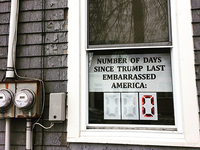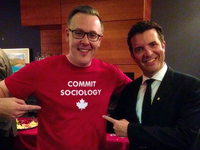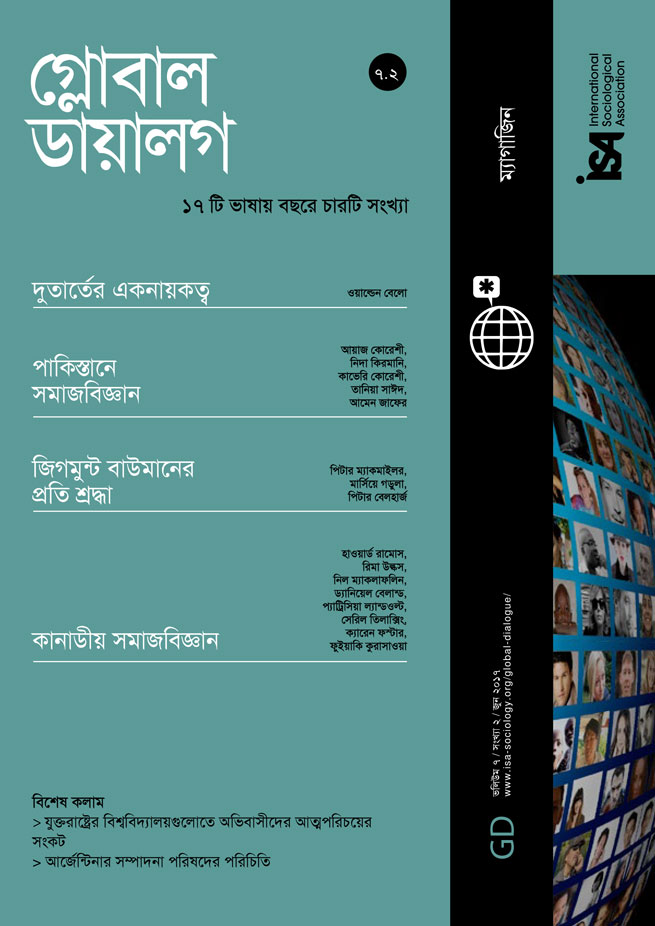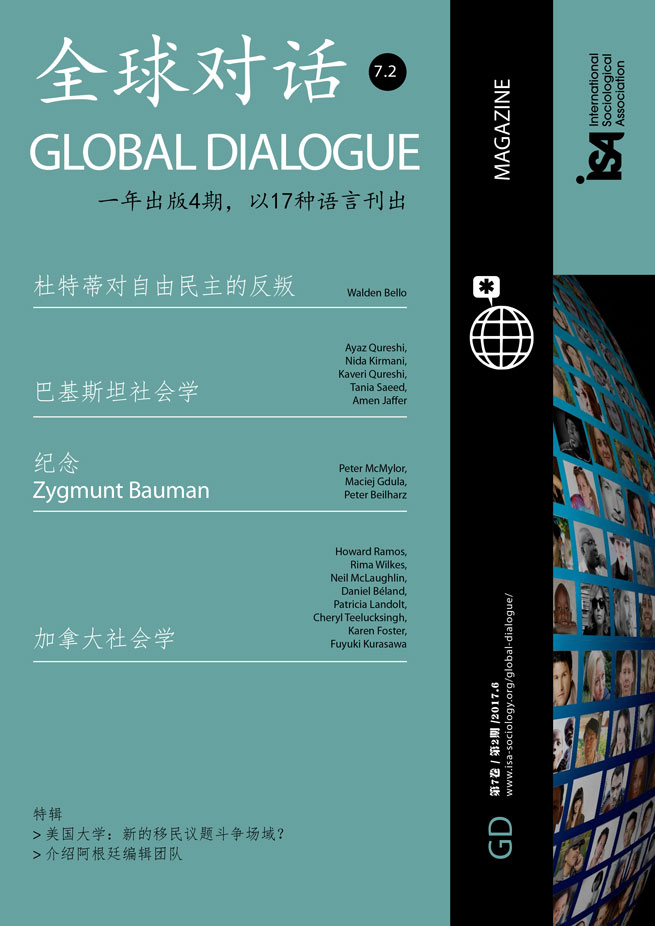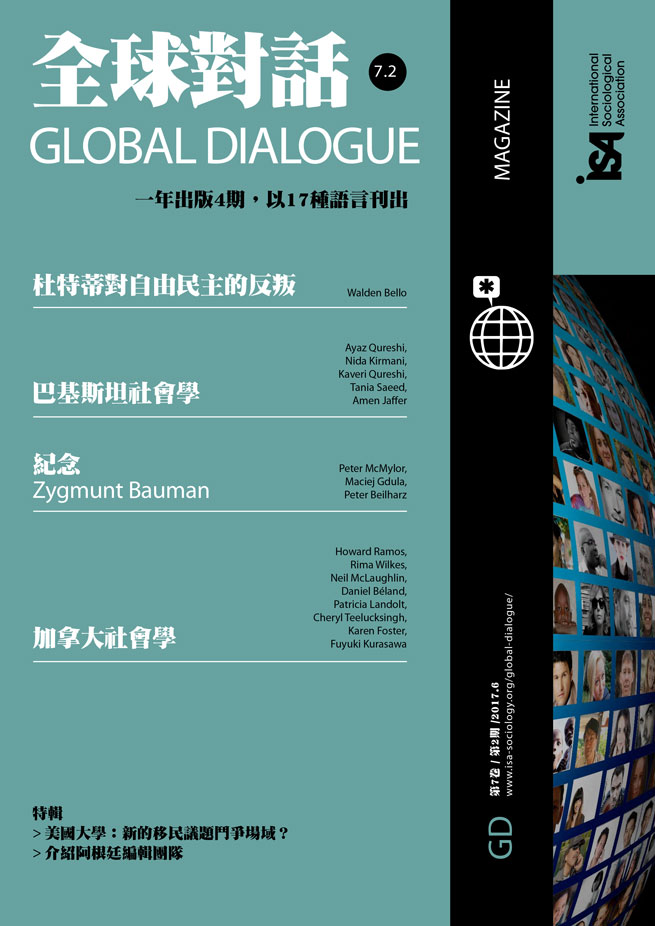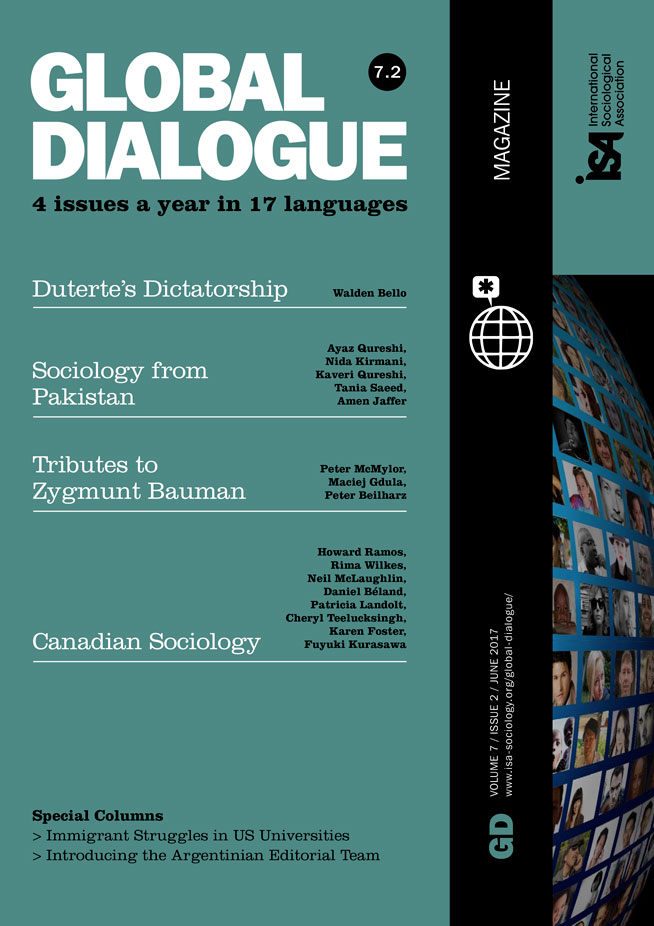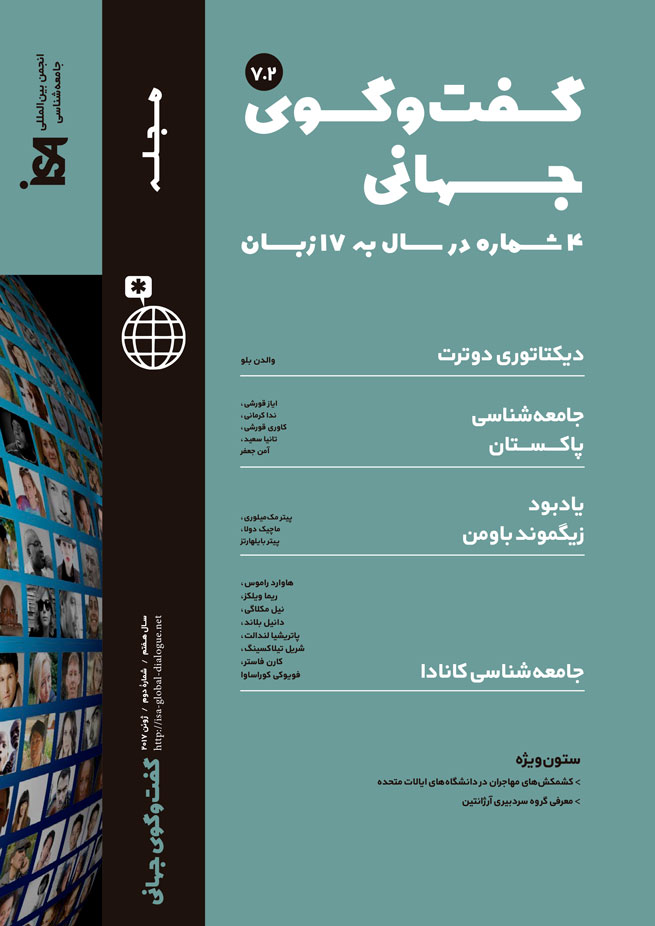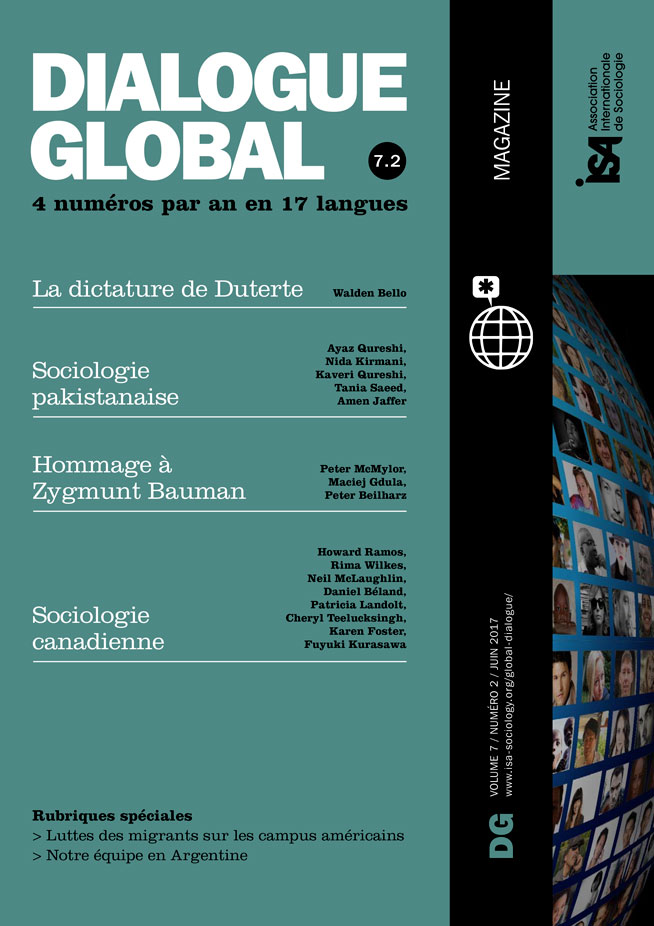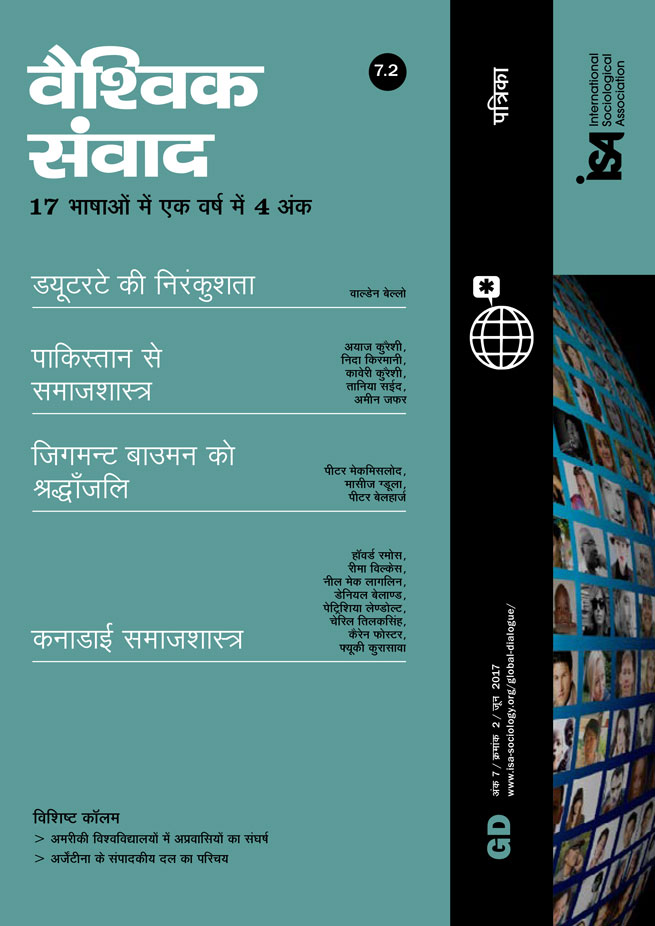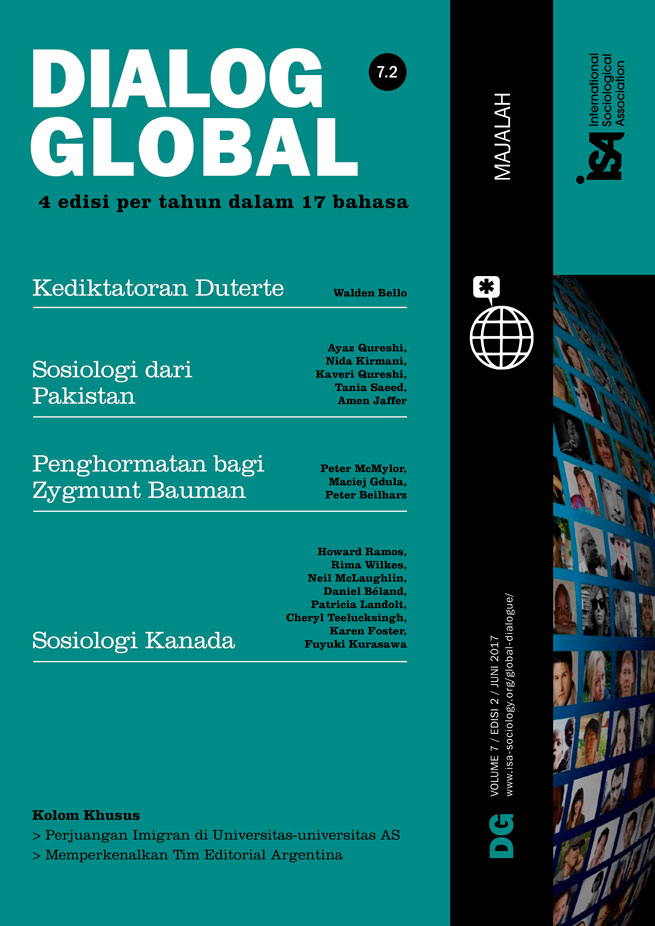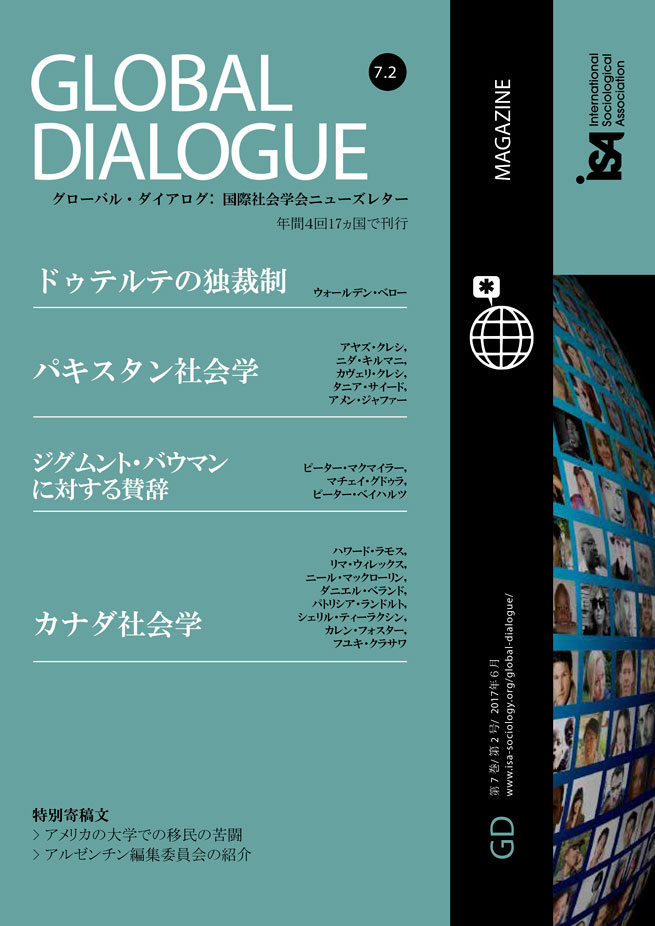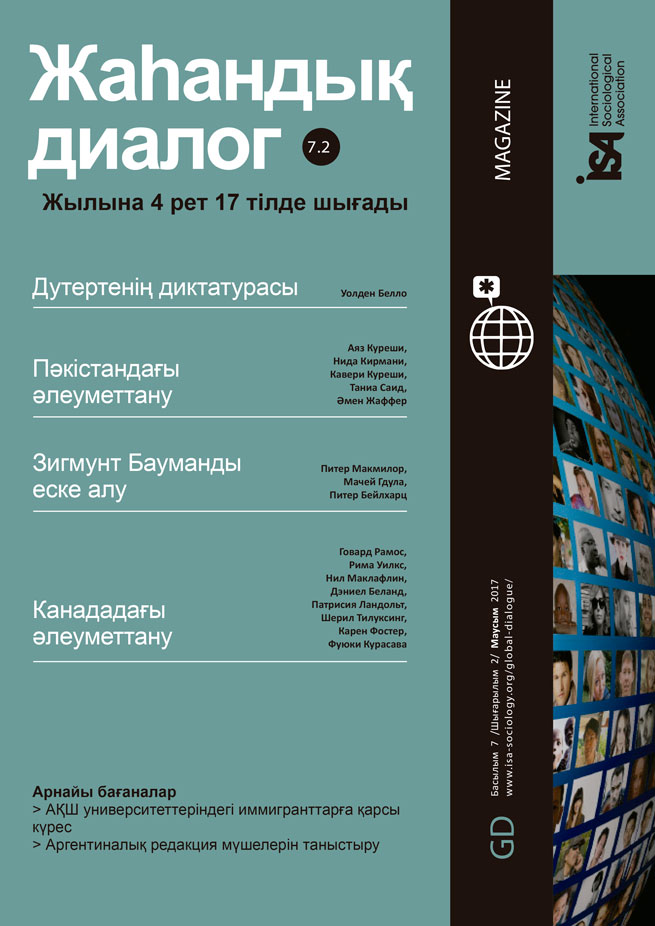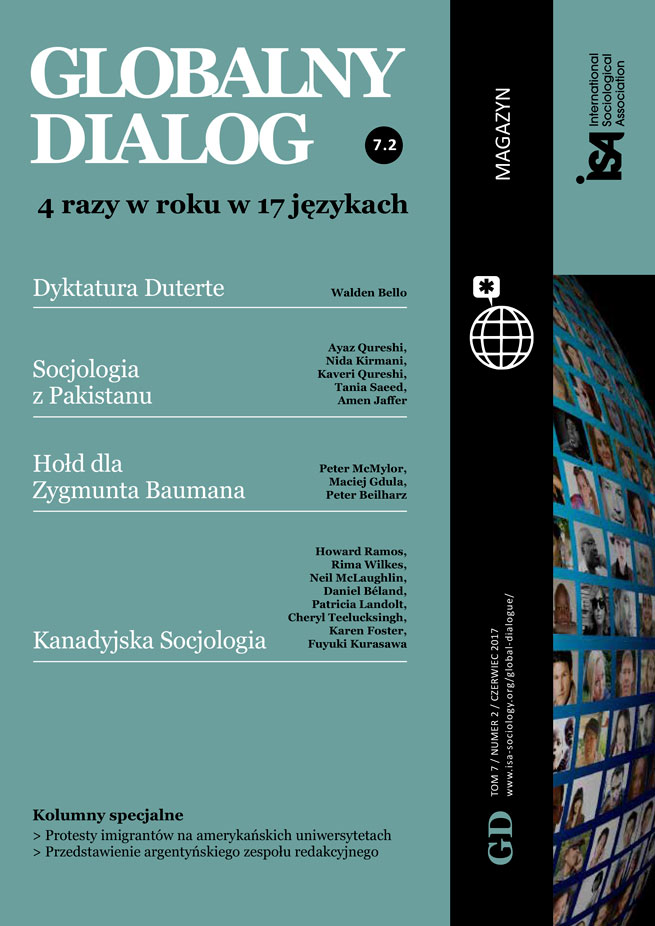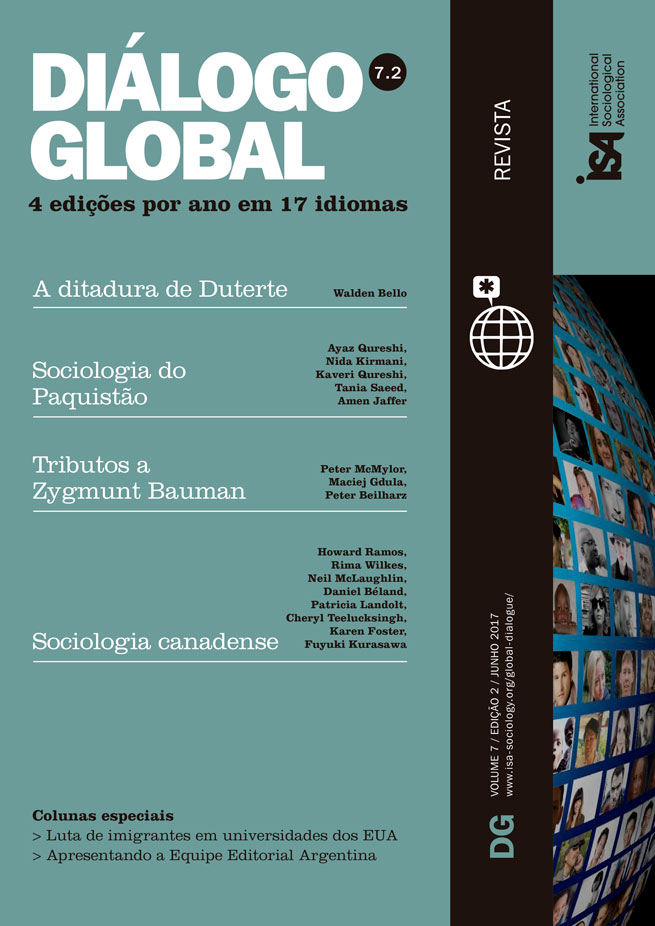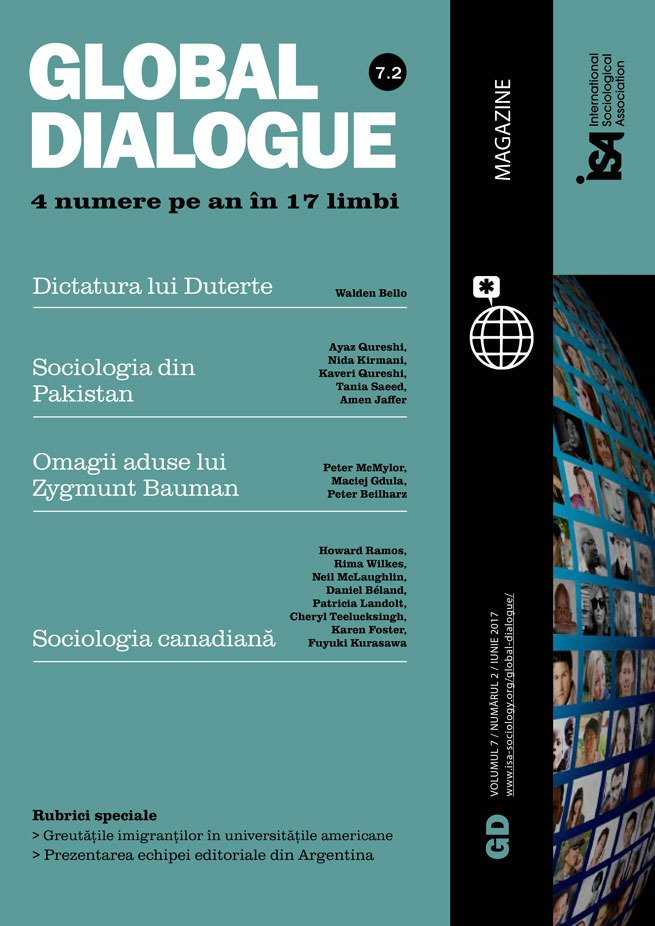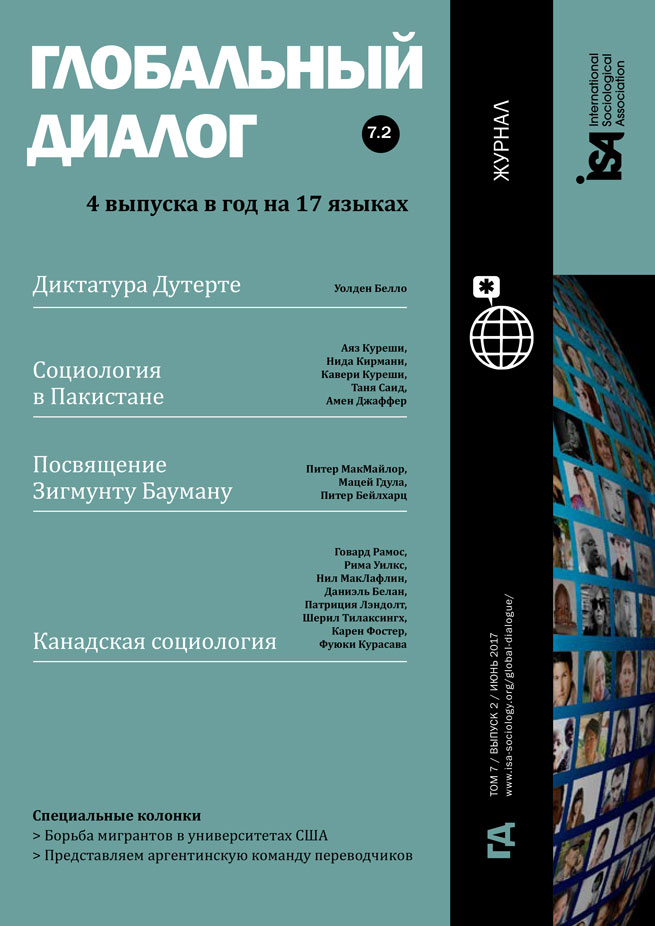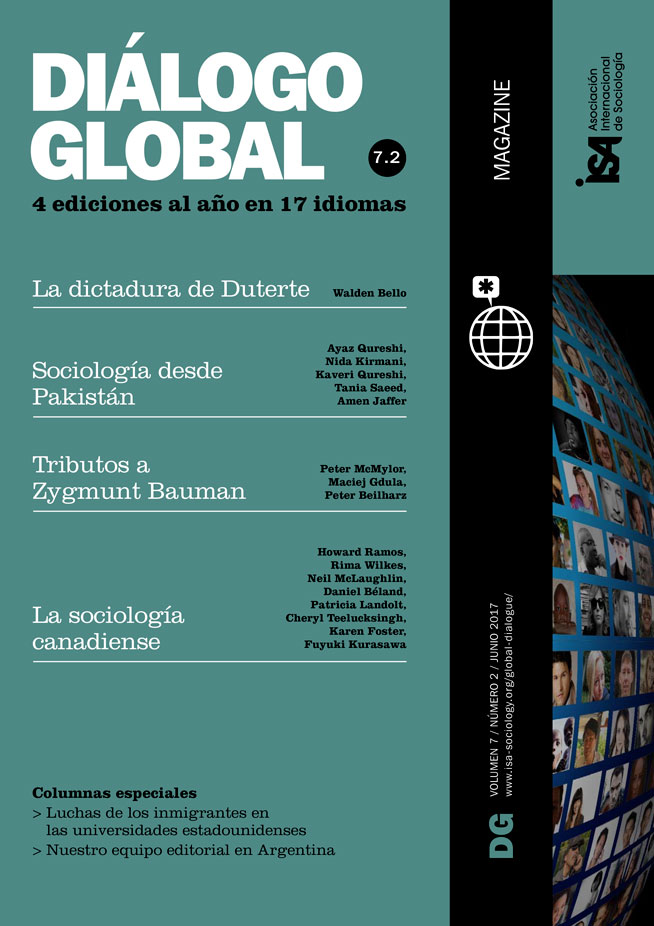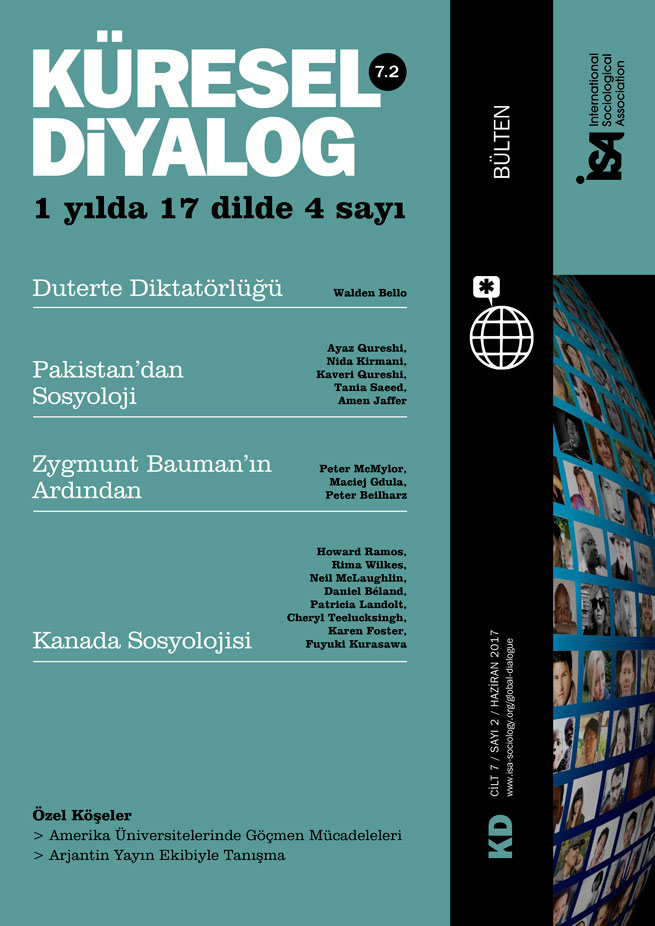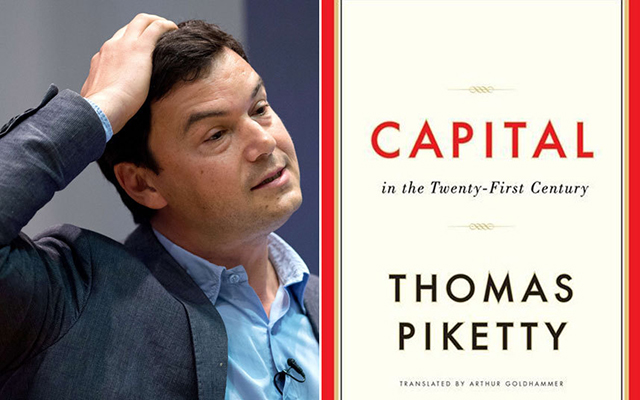In most of the world, sociology has a lower profile within policy circles than economics – a status reflected in former Canadian Prime Minister Stephen Harper’s dismissive call against “committing sociology.” As a sociologist who works in a Canadian policy school, I interact with economists on a daily basis and routinely use their work in my own scholarship. What is striking about economics, the most prestigious social science discipline within policy circles, is its capacity to speak to concrete policy problems using sophisticated theoretical and methodological tools.
But while this focus on policy implications is a strength of mainstream economics, the discipline has its blind spots. Key among these is its tendency to exclude topics that sociologists and other social scientists have long recognized as crucial, complicating interdisciplinary dialogue about public policy.
Still, if sociologists hope to enter the world of policy, if they want their work to shape policy debates, and if they want to make the discipline relevant outside academe, they need to take a page from economists. Sociologists need to identify the potential policy impact of their research, and to figure out how to disseminate these policy implications to policymakers.
This task is especially important because economists are making huge inroads into areas of research once dominated by sociologists. Despite important exceptions (in Canada one would think of John Myles regarding social policy and Gérard Bouchard and Victor Satzewich regarding immigration policy), sociologists are not generally seen as particularly legitimate or prominent sources of policy advice – even in relation to inequality, a research area long dominated by sociologists writing about class, income, gender, or ethnic inequalities. Until recently, most mainstream (i.e. non-Marxist) economists did not pay much attention to inequality since it did not fit well within neoclassical models. Recently, however, economists have started to tackle inequality, offering clear policy recommendations aimed at reducing it; Thomas Piketty’s book, Capital in the Twenty-First Century (2013), has received significant attention from policymakers worldwide. Because it is written by a well-regarded economist, and because of the dominant position of economics within policy circles, Piketty’s work is generating more attention than the work of the many sociologists who have previously published on rising inequalities.
Despite or perhaps because of this, sociologists need to make an extra effort to reach out to policy advocates and decision-makers. Sociologists tend to offer more critical and historically-grounded perspectives on inequality than economists (i.e. scholarship that discussed asymmetrical power relations and their evolution over time in concrete policy areas), which is why it is so important that their unique voice be heard within policy circles in debates about inequality. More generally, regarding inequality and beyond, applied policy work should be valued more within the discipline if sociologists want to play a more direct role in shaping the world around them.
If we learn to approach policymakers with concrete policy proposals in hand, they may see how relevant sociology is in tackling one of the greatest problems facing the world today. Sociologists should also engage with economists while being as determined as they are to offer practical solutions to the problems of the day. This means that sociologists working on inequality should think more carefully about the policy context (i.e. the actual programs at hand such as Canada’s Guaranteed Income Supplement for older people and the country’s federal equalization system) of their recommendations, and consider issues such as financing and implementation –to which both economists and decision-makers pay close attention.
The second research area where sociologists have traditionally dominated – and where economists are now entering – is the analysis of norms and identity formation. While Piketty may be the new face of economics in debates about social inequality, Nobel Laureate in Economics George Akerlof and his colleague, Rachel Kranton are the champions of what they call Identity Economics (2010). Identity economics focuses on the study of cultural norms (about issues such as gender relations and the treatment of children and older people) and how they shape human behavior, two issues strongly associated with sociology as a discipline.
Although it is not as well-known as Piketty’s work outside of academic circles, the emergence of identity economics is a significant phenomenon because, even more than inequality, norms and identity have historically been neglected by mainstream economists. From an interdisciplinary standpoint, it is good news that at least some economists have finally discovered norms and identities, as this could lead to rich interdisciplinary dialogue. Akerlof and Kranton’s work could show sociologists how academics who work on these issues can generate concrete solutions to a host of policy issues. For instance, studying how younger people see themselves in relationship to adults can help improve educational attainment or formulate more effective antismoking policies. Sociologists may have put forward similar policy prescriptions in the past, but identity economics reminds us that social norms and identities are major issues for policy research. This realization should encourage more sociologists working in the area to design and promote new policy solutions derived from their empirical analyses.
These examples suggest that mainstream economists are finally paying closer attention to important social phenomena – issues that sociologists have long studied. These new opportunities for interdisciplinary collaboration also represent a challenge for sociologists working in these areas who want to make a difference: These sociologists and their colleagues in other subfields of the discipline must step up their game to actively promote their policy advice outside academe. They must use both traditional and social media to reach out to ordinary citizens, advocates, and decision-makers, to ensure that “committing sociology” becomes an imperative in policy debates, rather than something politicians can simply brush aside with contempt.
Daniel Béland, Johnson Shoyama Graduate School of Public Policy, Canada, and President of ISA Research Committee on Poverty, Social Welfare and Social Policy (RC19) <daniel.beland@usask.ca>

